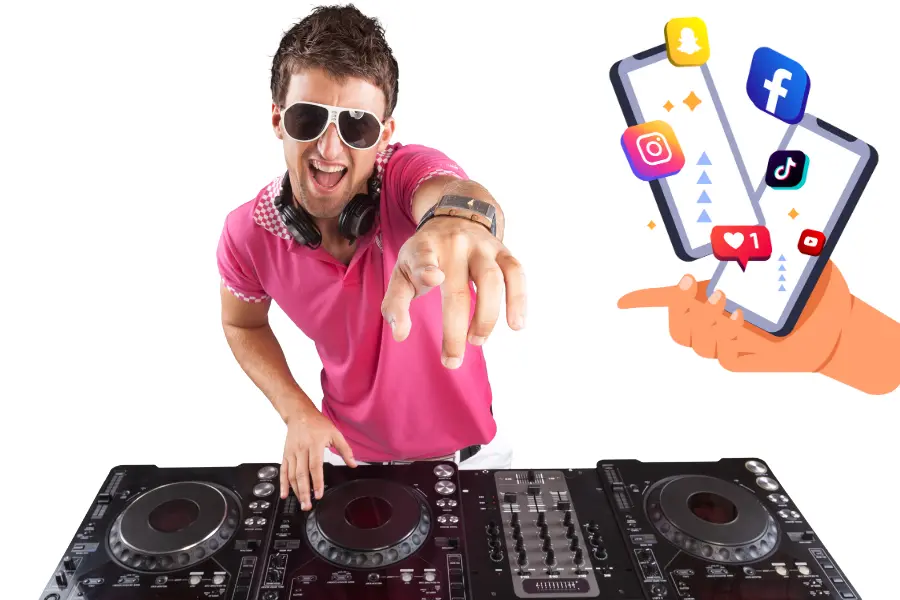Drinking as a Way to Cope With Depression
Did you know that drinking alcohol can actually cause depression? You may drink to escape feelings of sadness, but ironically, it can actually lead to depression in the long run. While alcohol can initially make you feel relaxed, it affects your brain’s neurotransmitters in a way that can disrupt your mental functioning and mood regulation.
Alcohol and depression have a complicated relationship, drinking alcohol might seem like an easy solution to depressive thoughts, but it can ultimately make things worse.
Additionally, alcohol is actually classified as a depressant that can gradually deplete your brain’s serotonin levels, which are linked to mood and judgment. Although it may temporarily make you feel happy and carefree, it is almost inevitable that it will actually make depressive symptoms more intense over time.
The issue is that it is far too easy to become accustomed to drinking as a way to cope with depression. You may also begin to notice that you:
- Feel the urge to have a drink
- Wake up with hands that are trembling and an anxious feeling
- Start consuming alcohol more frequently and during the day
- Begin to “binge drink”
- Neglect various aspects of important daily activities and responsibilities.
We asked Danielle Byatt, the Treatment Director of Step by Step Recovery, a residential rehab centre in Essex, how to know when it’s time to seek help.
“The tricky part is that it’s easy to fall into the trap of using alcohol as a coping mechanism. But if you find yourself constantly thinking about having a drink, waking up shaky and anxious, drinking more frequently and at odd hours, binge-drinking, or neglecting important things in your life, it’s time to take action.”
Regular and excessive drinking can also increase the risk of developing a major depressive disorder or worsen existing clinical depression. If you are prescribed an antidepressant or mood-regulating medication, it’s important, to be honest with your GP if you drink alcohol.
Treating alcohol addiction may help to alleviate depression, but it’s essential to keep in mind that depression is its own issue and can’t be completely resolved by addressing alcohol addiction.
Seven Tips For Cutting Back on Alcohol
Do you find yourself drinking more and more often? If you’re looking to cut back on your alcohol intake, there are plenty of strategies you can try out. But taking gradual steps, setting specific limits, and measuring your progress are all key to reaching your goal.
If you’re drinking too much, reducing or eliminating alcohol from your life may seem challenging, but taking small steps can make a big difference.
Here are seven tips to help you reduce your alcohol intake:
- Start by setting realistic goals for yourself. Write down the maximum amount of drinks you want to have per day and per week.
- Keep track of your drinking habits with a diary or note-taking app. Knowing how much you’re drinking and where can help you make changes and stay accountable.
- Try to have at least one day a week without drinking. If you experience withdrawal symptoms such as shaking, nausea, and anxiety, then it is time to seek advice.
- Take your time when drinking, and avoid consuming multiple drinks quickly. Spacing out your drinks can reduce your risk of alcohol dependence.
- Try alcohol-free alternatives to your favourite drinks. This can make it easier to socialise without relying on alcohol.
- Find new hobbies and social activities that don’t involve alcohol. Engaging in physical activities, creative pursuits, or joining a club can help shift your focus away from drinking.
- Enlist the support of a trusted friend or family member who can help you stick to your goals. Openly communicate your intentions with them so they understand your commitment.
Remember, everyone’s journey to reducing their alcohol intake is different. Find what works for you, and adjust your strategies as needed. By taking steps to reduce your drinking, you can improve your health and well-being.
But if you’re struggling with depression and self-medicating with alcohol, you might need to seek appropriate addiction treatment to help you break free from the cycle.
Combining therapy, counseling, and support groups can be an effective approach to managing both conditions and promoting overall well-being. No matter how much you’re struggling with symptoms of depression or alcoholism, both are treatable conditions, and recovery is possible.
Alcohol and Mental Health Support
Self-help organisations and charities can offer advice about alcohol addiction and support when you are struggling with your mental health. For free assistance and support, you can also contact any of the support organisations listed below:
FRANK — you can find local and national addiction services in the UK using the search option on the FRANK website or call the free helpline on 0800 77 6600, which is open 24/7.
Samaritans — 24-hour, non-judgmental, confidential mental health support for anyone who is contemplating suicide or is experiencing symptoms of despair. The helpline number is 116 123 — open every day, 24/7.
Drinkline — this is for anyone who is worried about their own or someone else’s drinking. The free helpline number is 0300 123 1110, open weekdays 9am to 8pm, weekends 11am to 4pm. You can also call Drinkline Scotland at 0800 7314 314
Drinkchat — anyone looking for information or guidance about their own or another person’s drinking can use the free internet chat service. Drinkchat is accessible from 9am to 2pm, Monday to Friday.





